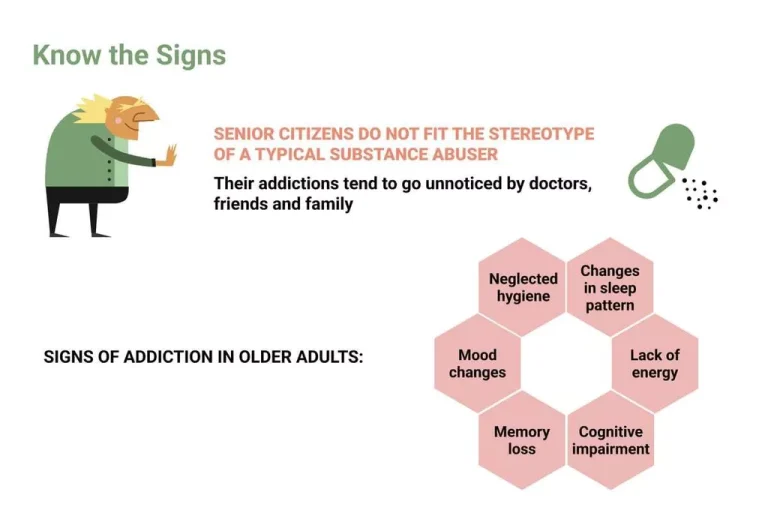
Compared to males who never drink, those who consumed alcohol 1–2 times per month or 1–2 times per week spent less on healthcare (10.5% and 4.3% less, respectively), while frequent drinking increased costs. Females showed a stepwise increase in healthcare costs with increasing drinking frequency, peaking at 31.8% higher costs for daily drinkers. Extensive research has demonstrated the relationship between risk factors such as smoking, drinking, obesity, and physical inactivity, and healthcare costs. However, most of these studies faced challenges, including increased bias and uncertainty arising from use of PAF and the issue of reverse causality in cross-sectional data 1,2,3, 6, 7, 9. To address these limitations and advance our understanding of health behavior impacts on healthcare costs, this study employs a longitudinal cohort design with several methodological improvements.

Does Excessive Drinking Cause Cancer?
As with any medication, there may be side effects and considerations based on underlying conditions. For instance, if you’re struggling with cravings, your doctor can prescribe medications, like naltrexone and acamprosate (and others), which may help reduce those cravings,” she says. “In most cases, severe symptoms from detoxing from alcohol peak within the first hours. However, symptoms like anxiety and insomnia can last several months,” Dr. Hildahl says. “Drinking impacts many aspects of the body that interfere with your ability to recover from an illness. It also interacts with some antibiotics, like metronidazole, making you feel more ill due to a reaction with alcohol,” Dr. Hildahl says.
Long-term physical impact
The long-term effects of alcohol on the body and brain explain the condition’s accepted medical standing as a chronic brain disease. Regular and excessive alcohol consumption can increase the risk of developing a variety of serious mental and physical health problems. This poor mental health can further impact a patient’s socioeconomic status, interpersonal relationships, employment, and overall well-being. Among males, overweight individuals had 3.4% lower costs than those with normal weight, while moderate and severe obesity increased costs by 5.5% and 26.9%, respectively.

Gallbladder effects

One of the best ways to combat this is creating a sleep schedule — and sticking to it. “Prioritize recovery sleep,” is Dr. Kaylor’s number one Sober living house suggestion for reversing long-term sleep deprivation. And during severe sleep deprivation, the emotional and mental impact can intensify beyond irritability. She also points out that long-term sleep deprivation can occur when you prioritize “personal or professional demands” at the expense of a good night’s sleep. While short-term sleep deprivation is often a brief disruption to a consistent sleep schedule, long-term sleep deprivation might indicate an underlying cause that needs to be addressed. This can create social pressure to drink, reinforcing the belief that alcohol is an effective way to relax and cope with negative emotions.

Alcohol-induced psychosis
So, your system prioritizes getting rid of alcohol before it can turn its attention to its other work. Excess alcohol use can also impair nutrient absorption in the small intestine and increase the risk of malnutrition. Considering these hormonal dysregulations, unhealthy alcohol use can also contribute to low bone density for older men and post-menopausal women. Low bone density can increase the likelihood of osteoporosis, vertebral fractures, wrist fractures, and hip fractures. Alcohol impairment can lead to serious falls or vehicular collisions resulting in traumatic brain injuries. In fact, 52% of people admitted to the hospital with a traumatic brain injury have a measurable amount of alcohol in their system when they arrive at the emergency room.
Short Term vs Long Term Effects of Alcohol Use
- It can slow down your brain function, affecting your coordination and judgment.
- The pancreas, which is part of the digestive system, is responsible for regulating the body’s blood sugar levels.
- As with any medication, there may be side effects and considerations based on underlying conditions.
- This consistency helps you avoid a phenomenon known as social jet lag.
- Alcohol can impact various parts of the body, including the brain, heart, liver, and pancreas, as well as essential body systems like the immune and digestive systems.
Treatment for alcohol addiction may include medical Long term Effects of Alcohol on the Body detox, inpatient and/or outpatient rehab, and medications to support long-term recovery. The long-term impact of alcohol abuse on the mind and body can also cause behavioral issues and hinder relationships with loved ones. Chronic alcohol addiction often leads to deteriorating personal and professional relationships. Individuals may experience job loss, financial instability, and social isolation. Alcoholism can also contribute to domestic violence, criminal behavior, and neglect of responsibilities, further deepening the impact on one’s quality of life.

